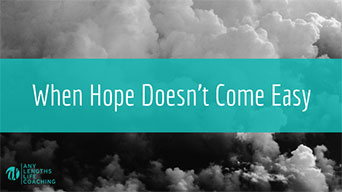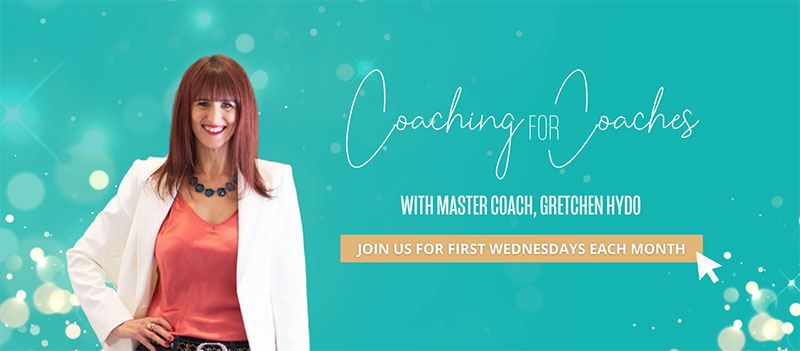 This Advent series is designed to meet you wherever you are, regardless of religion, creed, or philosophy. Let’s come together over the next four weeks to center ourselves, reflect on the year, and plan for a beautiful future.
This Advent series is designed to meet you wherever you are, regardless of religion, creed, or philosophy. Let’s come together over the next four weeks to center ourselves, reflect on the year, and plan for a beautiful future.
-Gretchen
This advent finds us wrapping up what has proven to be a particularly difficult year for many of us. Even if our personal lives were running smoothly, all around us there has been violence, poverty, and conflict of all kinds. With these circumstances, and any that have afflicted our personal lives this year—loss, separation, fear, grief, disappointment—it can seem impossible to find hope. That’s what I want to talk to you about in this first week of Advent: cultivating hope.
The good news about hope is that it’s not one of those things you either have or you don’t. It’s something we can take care of, encourage to grow. Like a fire, hope can be stoked to a raging furnace or exist as a smoldering coal. No matter its size or strength, we can protect and cultivate it.
Why all this obsession with hope anyway? Hope, it turns out, is vital to our personal and communal well-being. It is the propellant that drives us forward into the future. It’s the difference between having dreams and goals and apathetically letting life happen to us. If we want to do anything more than survive, hope is the vital ingredient.
If this year has you feeling a bit low on hope and uncertain how to begin 2018 with a fresh supply, here are four tips to help get you on the right track.
- Start where you are.
Don’t think five or ten years down the road. Instead, focus on this day or this week. You have the resources at your fingertips to make today a productive, hopeful kind of day. String a few of those days together and you’ll have hopeful week, too. When it comes to cultivating hope, it’s best to focus on what you can do today rather than wondering what you’ll be able to do tomorrow. - Gratitude, gratitude, gratitude.
I know I could have just said gratitude once, but I think saying it three times really drives home how absolutely important this step is. Having a regular gratitude practice results in better relationships, less jealousy, improved self-esteem, and better sleep—just to name a few. It doesn’t matter how you practice gratitude, just that that you do. It’s hard to be low on hope with you are well-rested and your confidence levels are up. - Keep track.
When your hope is depleted, it’s so refreshing to be able to take a look back on times when things went right. Many successful people keep a journal so they can learn from their mistakes, keep track of their history, and be reminded of successes. You can begin with bullet points: three things that bring you hope and three things that you’re uncertain about. In six months—or any time you need a burst of hope—look back on your entries and see how things worked out. - Find your people.
Nothing will help you cultivate hope more than knowing you will never face anything alone. Building meaningful relationships with people who love and understand us gives us a solid foundation from which to take chances and achieve risky goals. There is no substitute for these relationships. Find your people, invest in them, allow them to invest in you, and watch your hope bloom as a result.
If you’re struggling to find hope this holiday season, know that you are not alone and that this is only a season. It will pass, the hope will return, and you’ll find yourself feeling refreshed very soon. Be kind to yourself, surround yourself with people you love, and take care of your little flame of hope.





